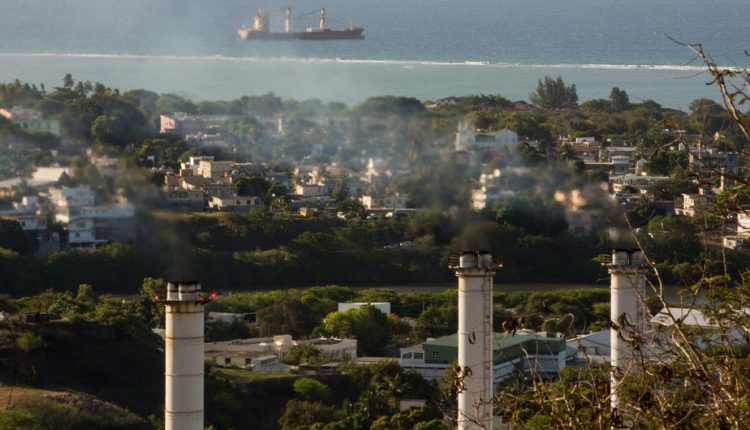Climate change is a ‘global emergency’, people say in biggest ever climate poll
Almost two-thirds of over 1.2 million people surveyed worldwide say that climate change is a global emergency, urging greater action to address the crisis, results from a new UN climate survey revealed on Wednesday.
Described as the biggest climate survey yet conducted, UN Development Programme (UNDP)’s “People’s Climate Vote” poll also showed that people supported more comprehensive climate policies to respond to the challenges. The survey covered 50 countries with over half the world’s population.
“The results of the survey clearly illustrate that urgent climate action has broad support amongst people around the globe, across nationalities, age, gender and education level,” Achim Steiner, UNDP Administrator said in a news release.
The poll also showed “how” people want their policymakers to tackle the climate crisis.
“From climate-friendly farming to protecting nature, and investing in a green recovery from COVID-19, the survey brings the voice of the people to the forefront of the climate debate. It signals ways in which countries can move forward with public support as we work together to tackle this enormous challenge,” Mr. Steiner added.
‘Biggest survey ever’ on climate change
UNDP said that the poll was the world’s biggest survey ever of public opinion on climate change. It was conducted as countries prepare for negotiations at November’s COP26, the 26th session of Conference of the Parties to the UN Framework Convention on Climate Change (UNFCCC).
The survey asked respondents if climate change was a global emergency and whether they supported 18 key climate policies across six action areas: economy, energy, transport, food and farms, nature, and protecting people.
Its target audience of 1.2 million included over half a million people under the age of 18, a key constituency on climate change that is typically unable to vote yet in regular elections. Innovations, such as distribution across mobile gaming networks, were used to ensure that the young audience were reached.
According to UNDP, polling experts at the University of Oxford weighted the huge sample to make it representative of the age, gender, and education population profiles of the countries in the survey, resulting in small margins of error (+/- 2 per cent).
People want broad climate policies
The results showed that people supported “broad climate policies”, beyond the current situation, UNDP said.
For instance, in eight of the ten survey countries with the highest emissions from the power sector, majority backed more renewable energy. In four out of five countries with the highest emissions from land-use change and enough data on policy preferences, the majority supported conserving forests and land. Nine out of ten of the countries with the most urbanized populations backed more use of clean electric cars and buses, or bicycles.
The survey also found a direct link between a person’s level of education and their desire for climate action, according to UNDP.
There was very high recognition of the climate emergency among those who had attended university or college in all countries, from lower-income countries such as Bhutan (82 per cent) and Democratic Republic of the Congo (82 per cent), to wealthy countries like France (87 per cent) and Japan (82 per cent).
Findings also revealed that while younger people (under 18) were more likely to say climate change is an emergency, other age groups were not far behind, with 65 per cent aged 18-35; 66 per cent aged 36-59; and 58 per cent over 60, expressing affirmation.
“[This] illustrated how widely held this view has become,” said UNDP.

